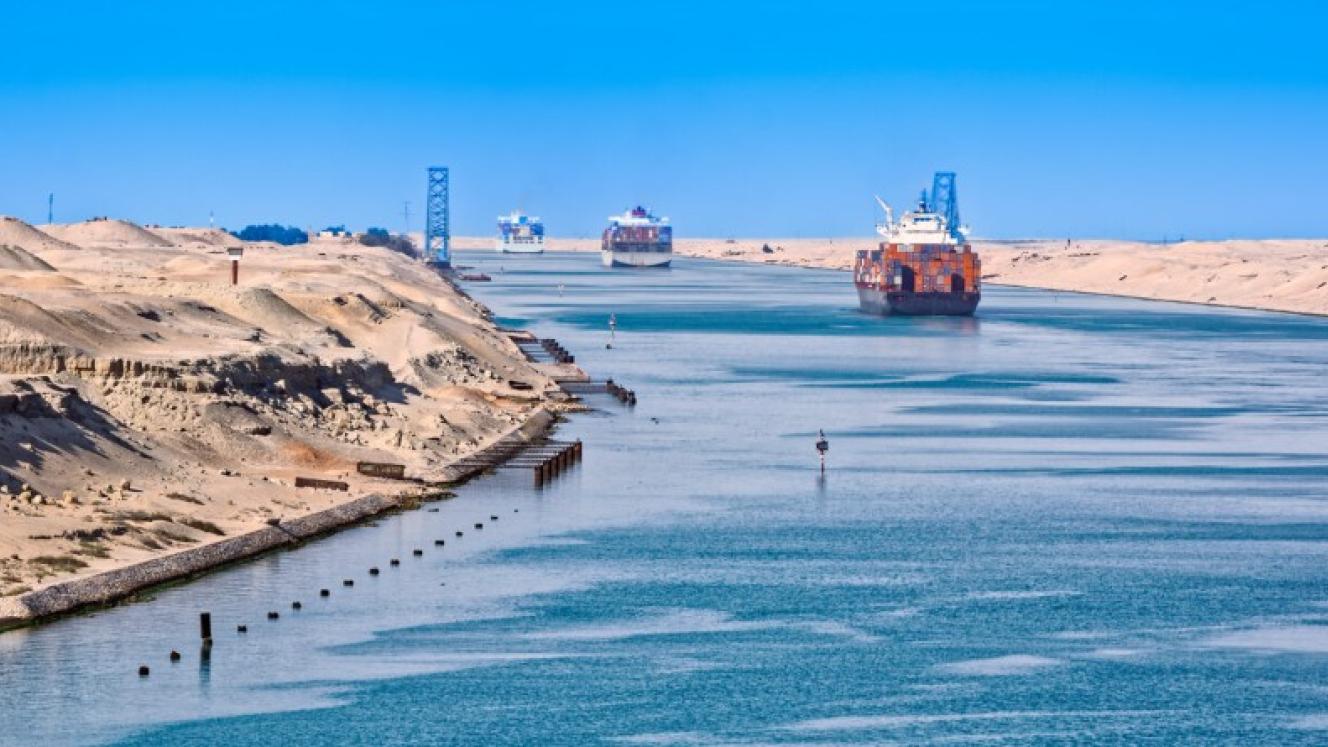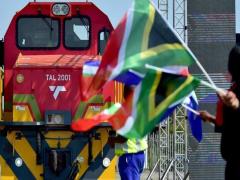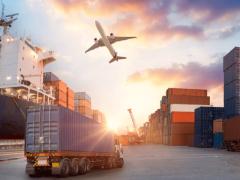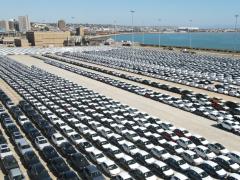Reading a letter sent by a cluster of UK logistics organisations to the country’s transport department airing their complaints about port congestion and its impact on supply chain efficiency, one could well be fooled into thinking that it’s a missive from local logistics providers.
Lockdowns and irregular shipping schedules leading to port congestion bring to mind the lockdown-induced congestion issues at the ports of Durban and Cape Town.
Local factors in the UK however add complexity. While the run up to Christmas is traditionally a busy period, businesses are bringing in more stock ahead of the end of the UK’s transition period out of the EU.
“The requirements of large volumes of PPE have played a role in port congestion. And although the logistics sectors have remained highly resilient and operational throughout the pandemic, there is inevitably an influence.
Globally Covid-19 has caused unprecedented volatility in the global supply chains “While some of the impact is direct – e.g. manufacturing and retail activity going into lockdown for differing periods around the world – a major influence comes from underlying changes in consumer behaviour, such as the rise of e-commerce and different products benefiting from discretionary spending,” the letter reads.
This volatility, they point out, has inevitably impacted the shipping patterns that are the main arteries of global trade. “Ports all around the world, from Sydney to Los Angeles, are experiencing significant congestion in shipping container movements. Demand has surged and there are significant issues at Asian ports causing disruption at source which ripples across the world.”
Clearly the imminent end of the EU transition period may well bring disruption, at least in the short term – an area where more urgent work is required and where container movement has until very recently received little attention in the government’s planning, they point out.
In the immediate term, while solutions largely lie with industry action, the organisations have made a strong plea to government to provide flexibility in the sea, road and rail sectors.
“It is clear that whole sections of the economy are being reshaped at a speed beyond most forecasts in response to the Covid-19 pandemic, accelerating existing trends and introducing new disruptions. Brexit is also likely to have a role in this reshaping.”













